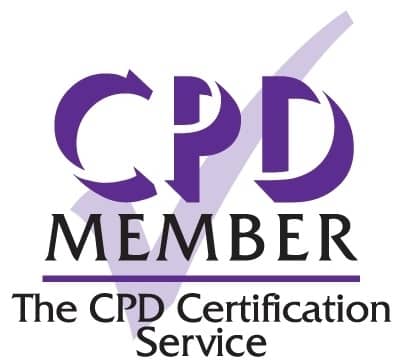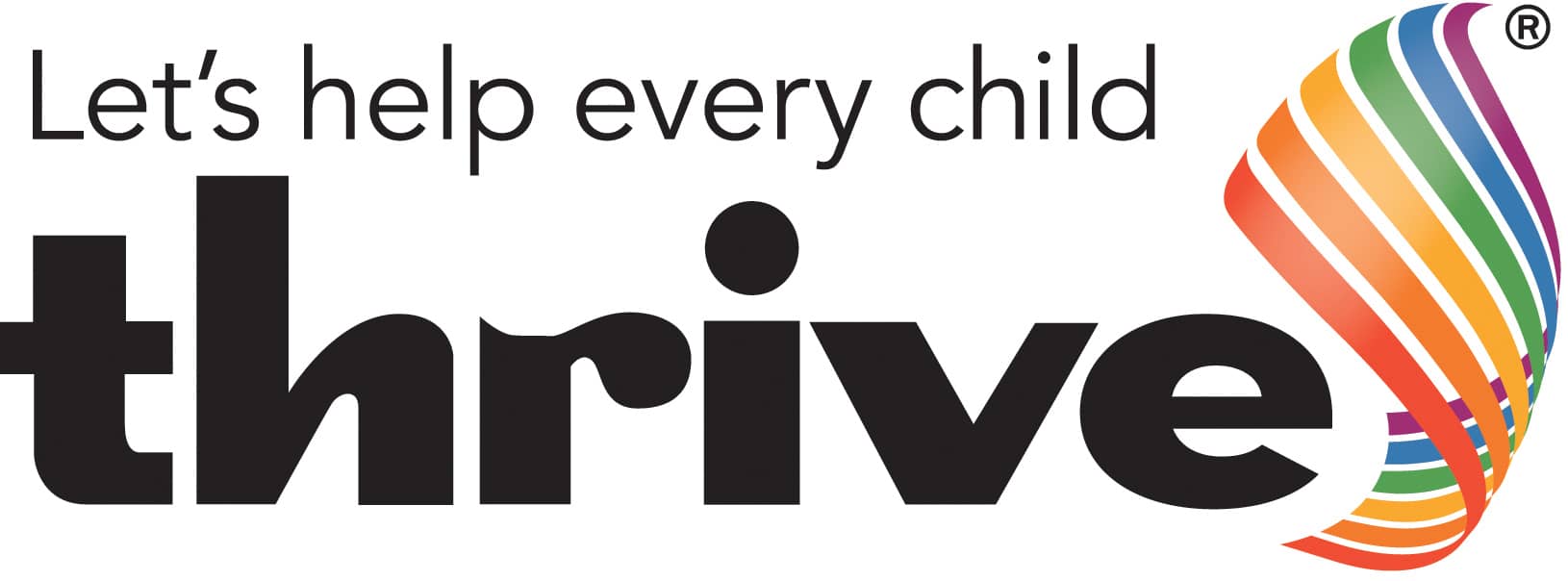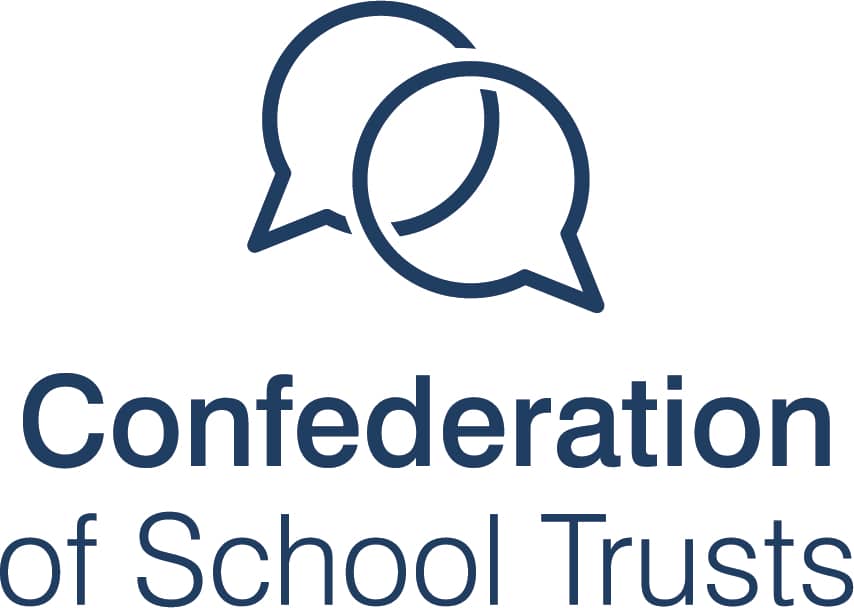Mathematics
Mathematics curriculum (Secondary)
At North Star 180, our Mathematics curriculum for secondary SEMH pupils is designed to meet the needs of all learners. Learning is carefully planned to be inclusive, accessible, and meaningful, supporting pupils to develop knowledge, skills, and understanding that are relevant to their lives. Through a well-sequenced and personalised approach, pupils are supported to make progress from their individual starting points, building confidence, resilience, independence, and readiness for future learning and adulthood.
Intent
The intent of the secondary Mathematics curriculum at North Star 180 is to:
· Develop fluency in fundamental mathematics, reasoning skills, and problem-solving abilities.
· Encourage pupils to be Visualisers (using Concrete-Pictorial-Abstract approaches), Describers (using precise mathematical language and discussion), and Experimenters (fostering curiosity and enjoyment in maths).
· Build mathematical understanding in a logical, carefully sequenced way, ensuring foundational skills are secure before progressing to complex topics
· Support pupils’ social and emotional development by providing engaging challenge that build confidence and resilience.
· Prepare pupils for independence, life skills, and future learning, including Functional Skills, Entry Level, and GCSE qualifications.
The curriculum is ambitious and inclusive, ensuring all pupils can achieve and succeed regardless of need. It is specifically designed to accommodate SEMH learners by providing structure, predictability, and opportunities to succeed.
Implementation
The secondary Mathematics curriculum is implemented through:
· Structured and sequenced learning: Using the White Rose Maths scheme from Key Stage 3 to Key Stage 4, ensuring progression in number, algebra, and problem-solving. Skills are carefully ordered and revisited to consolidate understanding.
· Teaching approaches: Lessons use the CPA (Concrete-Pictorial-Abstract) method, discussion, modelling, and collaborative tasks to engage SEMH learners and build confidence.
· Pupils encounter maths in meaningful contexts, using real-world problems, manipulatives, and visual supports to make learning accessible.
· Assessment: Cold and Hot Tasks at the start and end of units track progress and inform planning. Retrieval activities refresh prior knowledge and build confidence. Formal assessments occur throughout the year (Term 1 Standardised Test; Terms 2, 4, and 6 end-of-term assessments).
· Adaptations and differentiation: Lessons are personalised, with scaffolding, structured support, and flexible approaches to meet the emotional and learning needs of SEMH pupils.
Staff use a range of strategies and resources to ensure learning is engaging, accessible, and personalised, fostering a positive relationship with mathematics and encouraging resilience, persistence, and achievement.
Impact
The impact of the Mathematics curriculum is demonstrated by:
· Progress pupils make from their individual starting points, measured through Cold/Hot Tasks, retrieval activities, and formal assessments.
· Increased confidence, resilience, independence, and application of mathematical skills in problem-solving and everyday contexts.
· Positive engagement with mathematics, supporting emotional wellbeing alongside academic progress.
· Achievement of EHCP outcomes and preparation for next stages, including Functional Skills, Entry Level, and GCSE qualifications.










